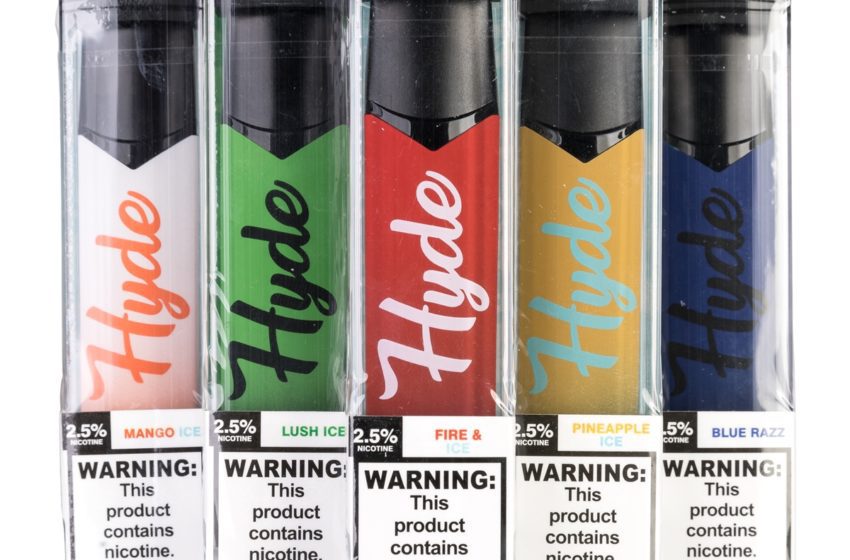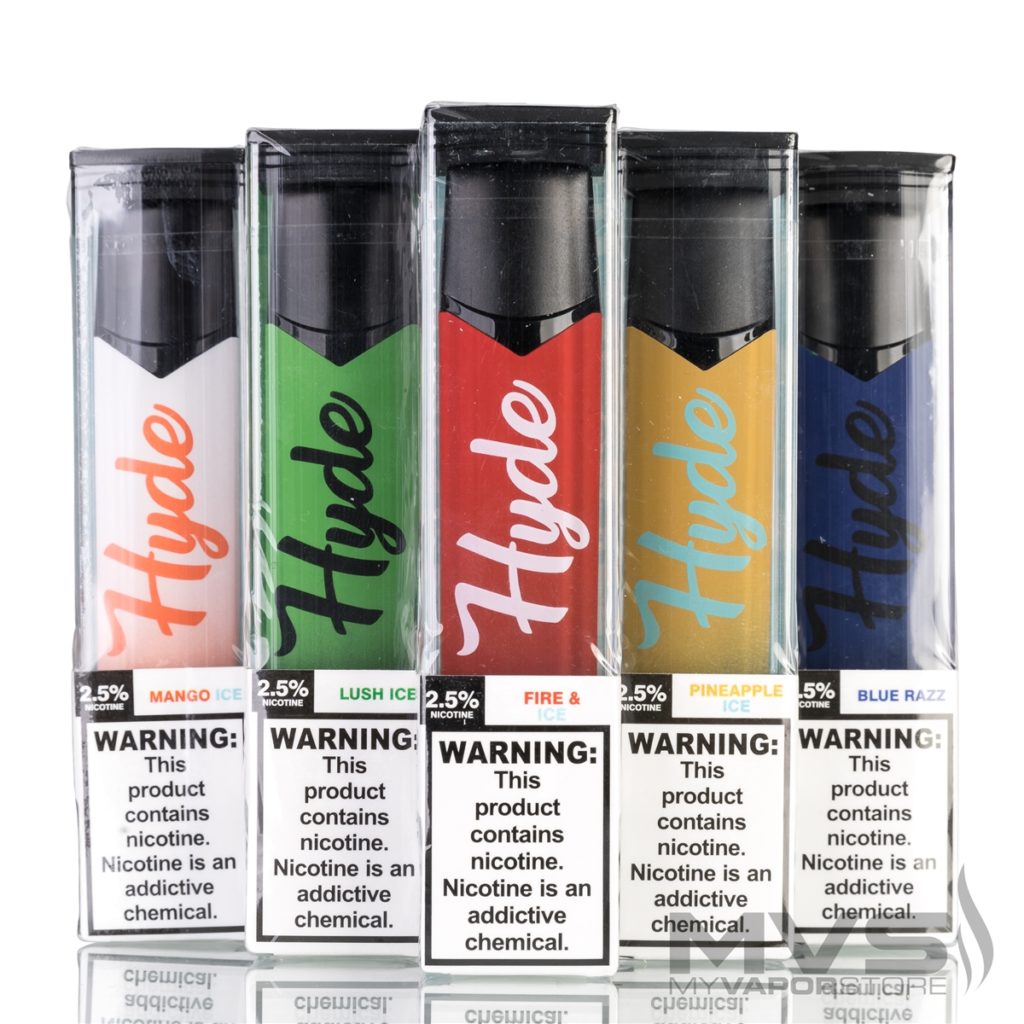
A federal appeals court has ruled that the U.S. Food and Drug Administration didn’t change its position on admissible evidence and the agency’s failure to consider a marketing plan didn’t impact the outcome.
The FDA acted reasonably in denying vapor maker Magellan Technology Inc.’s request for a marketing order for its flavored vaping products, the U.S. Court of Appeals for the Second Circuit ruled Friday.
The court upheld the FDA’s finding that Magellan failed to show the product would provide a benefit to adult users that would outweigh the risks to youth.
The agency found Magellan’s evidence—four non-clinical studies—was insufficient to establish that the flavored pods would be more effective than tobacco-flavored electronic nicotine delivery systems (ENDS) in helping smokers switch to e-cigarettes to stop smoking altogether, according to Bloomberglaw.
The manufacturer of Hyde and Juno brand e-cigarettes sued the FDA and the U.S. Department of Health and Human Services claiming the agencies violated the Administrative Procedure Act.
New York-based Magellan Technology accused the agencies of refusing to review the company’s premarket tobacco product applications (PMTAs) for 12 products, a process which cost the company $1 million. Magellan claims the FDA “arbitrarily” and “capriciously” rejected the applications.
“Magellan had already spent over $1 million on the PMTAs at the time the RTA [refuse-to-accept] order [was] issued and plans to spend over $10 million on the PMTAs in total,” the suit states.
Texas-based retailer Vapor Train 2 LLC is also a plaintiff in the suit. The companies asked a Texas federal court to temporarily stay the RTA order the FDA issued to Magellan, according to the lawsuit filed Thursday.
“FDA acted arbitrarily, capriciously, and otherwise not in accordance with applicable law in issuing the [refuse-to-accept] order,” the lawsuit states. “The agency invoked regulations governing [premarket tobacco product applications] acceptance that do not apply to Magellan’s [applications] and failed to consider timely amendments containing required content that Magellan properly submitted.”
The companies are expected to appeal the ruling. Magellan could now seek an en banc review of the case (a rehearing by the full Second Circuit) or could appeal to the Supreme Court of the United States.



